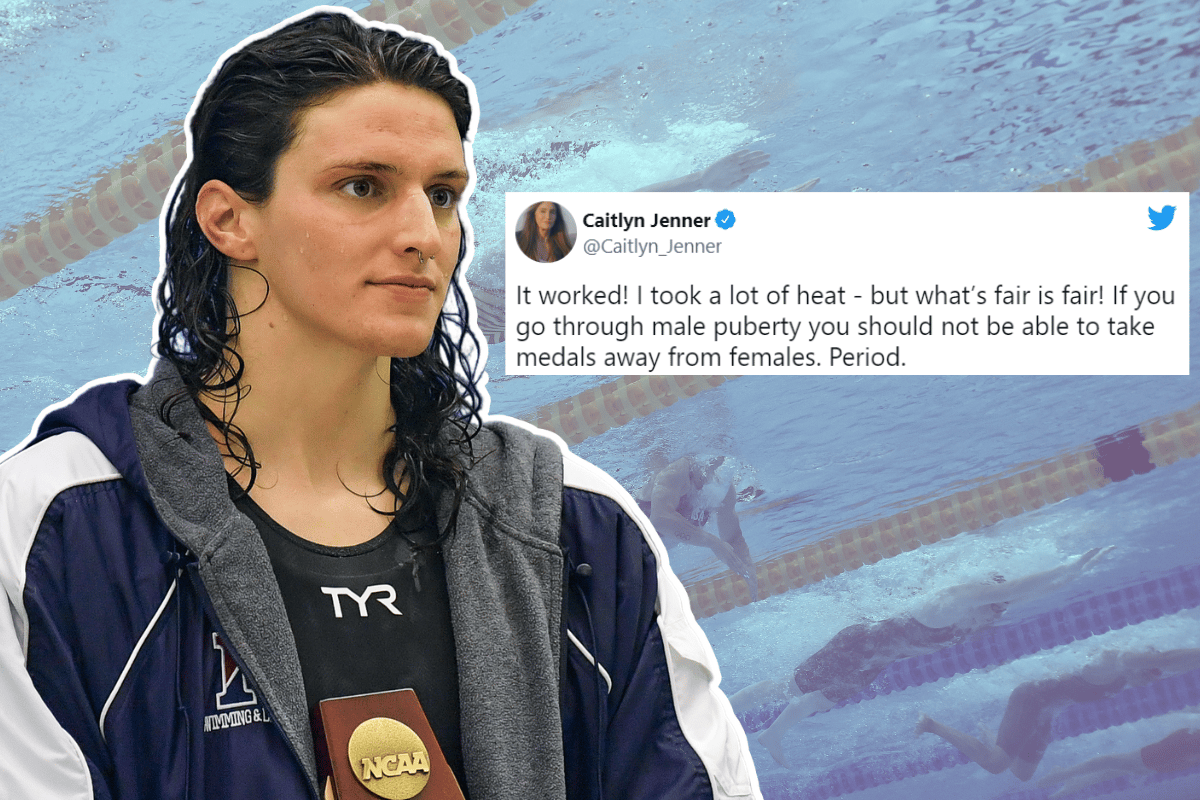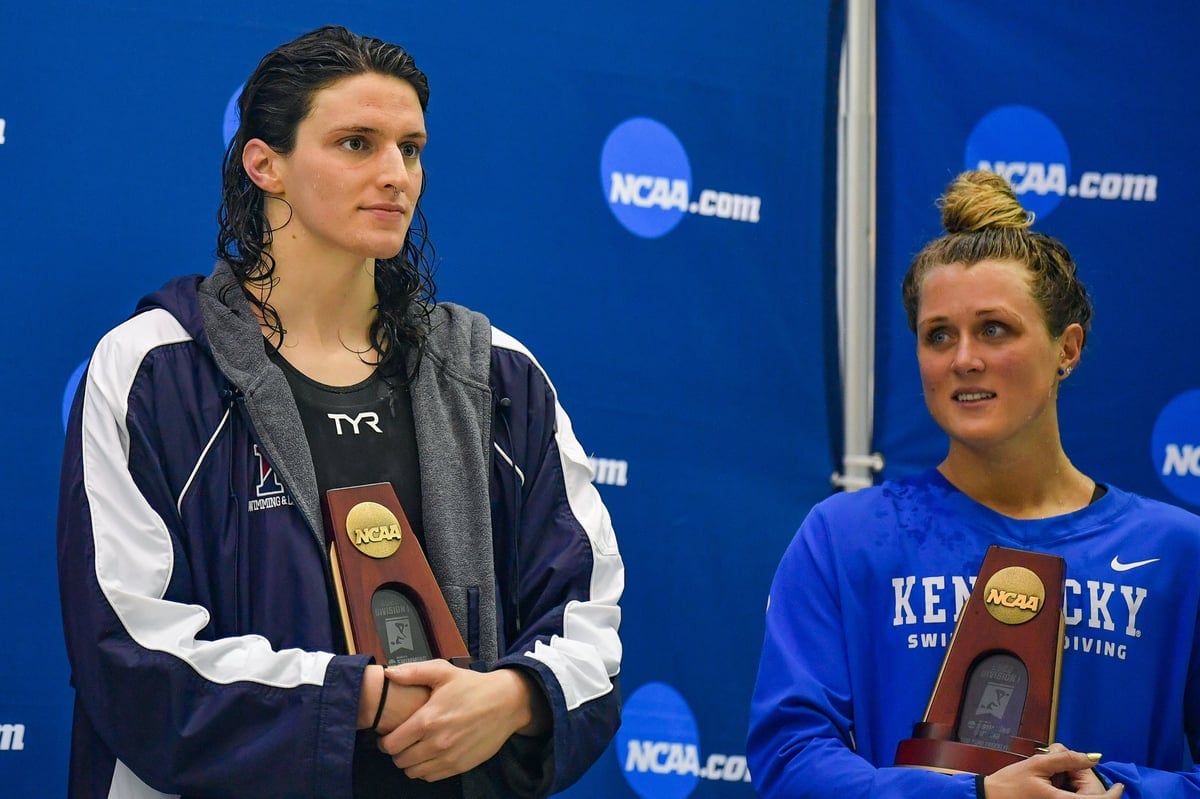
Listen to this story being read by Gemma Bath, here.
Transgender swimmers have been restricted from participating in women's elite races, following a vote from swimming's world governing body, FINA.
The decision was made during FINA's general congress on the sidelines of the world championships in Budapest on Sunday.
The new policy will require transgender competitors to complete their transition by the age of 12 in order to compete in women's competitions.
Swimming's world governing body, FINA, has voted to restrict the participation of transgender athletes in elite women's competitions. https://t.co/V6fZiUon0L
— Mamamia (@Mamamia) June 19, 2022
The organisation has also created a working group to establish an "open" category for transgender athletes in some events as part of its new policy.


Top Comments